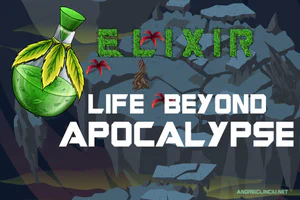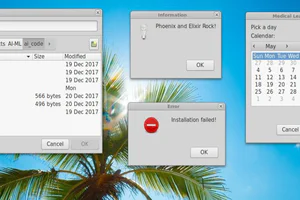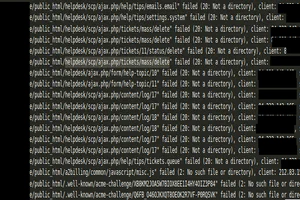Blog

Cloud Hosting, VPS, Shared, or At home Website Application Hosting Guide for aspiring Developers and Small Business Owners
I’m pretty sure that all Small Business owners, privately funded startups and entrepreneurs will once in their career bump into this topic.
17 Minutes
Jan 18, 2018
3619 Words

Learning Elixir and OTP through a project - Life Beyond Apocalypse
So I’ve recently started to learn Elixir and Phoenix. I’ve read a few books, I’ve implemented some sample scripts but I feel it’s time to start a full blown project from scratch.
5 Minutes
Jan 15, 2018
874 Words

Radare2 - Reverse Engineering - Disassembly - Tutorials - And more!
Reverse engineering can very fun. Beginners are mostly scared away because there is a lot of things going on.
3 Minutes
Jan 11, 2018
603 Words

Vikings Stole my Flag - Radare2 Forensic Analysis
This mini tutorial will show off Radare2’s forensic analysis potential.
5 Minutes
Jan 1, 2018
996 Words

Zenity GUI for Elixir
So I’ve recently switched to using Elixir as my main development platform.
2 Minutes
Dec 21, 2017
274 Words

Net Neutrality in the USA and Europe - The importance of using a VPN or VPS SSH Proxy
On 15 December 2017 net neutrality was repealed in the US.
3 Minutes
Dec 16, 2017
435 Words

osTicket not working certain things not loading nginx
There is an ajax issue while using using nginx with osTicket due to redirects.
1 Minutes
Dec 13, 2017
171 Words

The importance of continual education and information management at every step in life - Mass disinformation in the information era - Why we all need a proper education in statistics, economy and legislation
I’ve been wanting to write something else than about IT so I thought why not write about LIFE in general.
2 Minutes
Dec 7, 2017
297 Words
